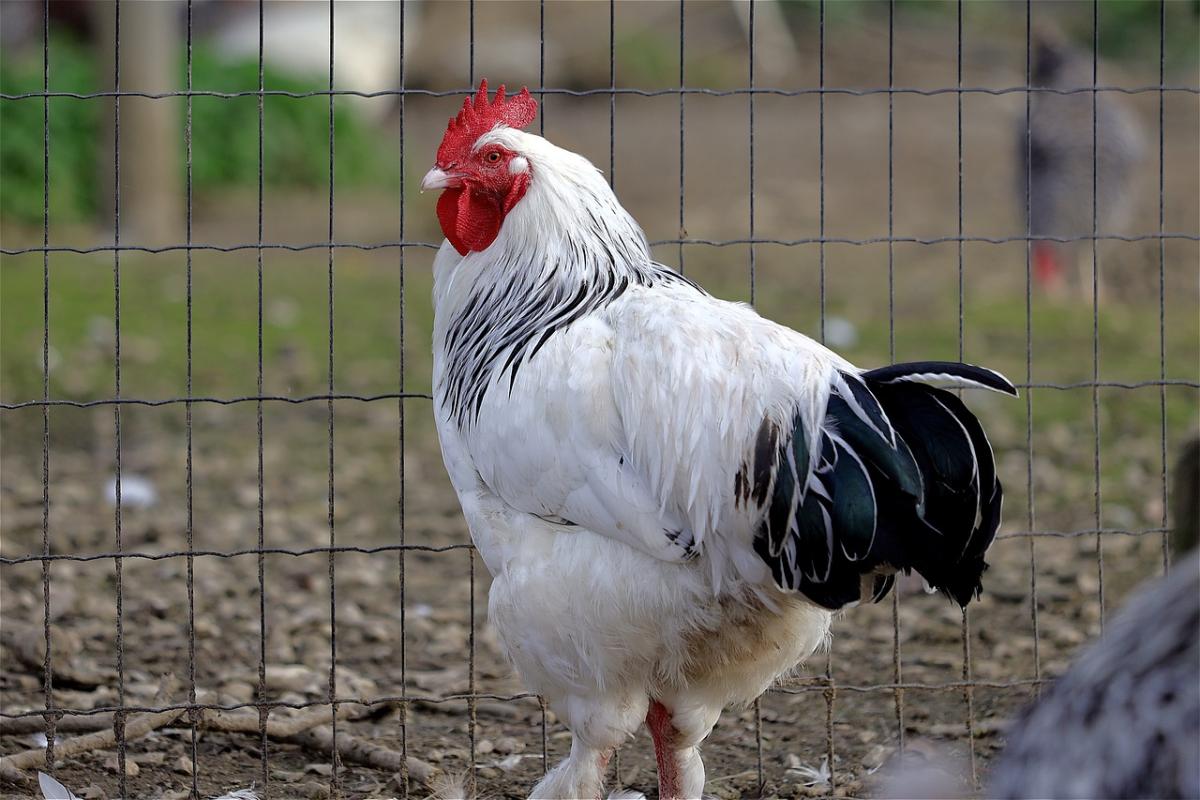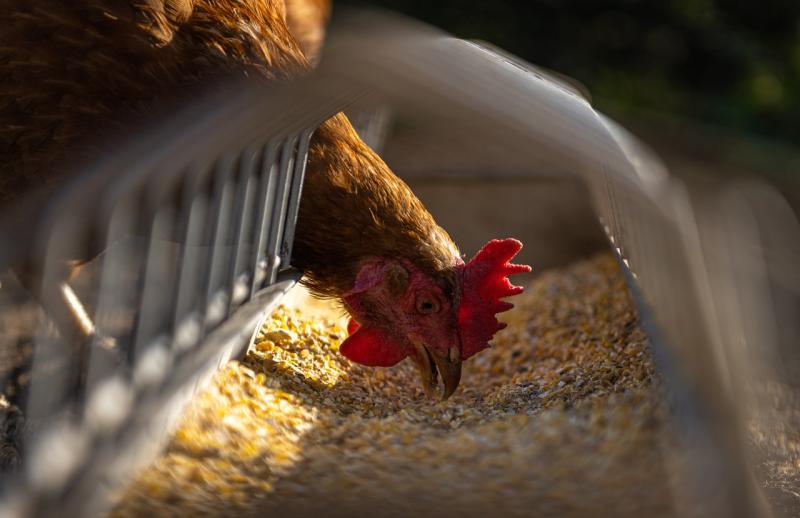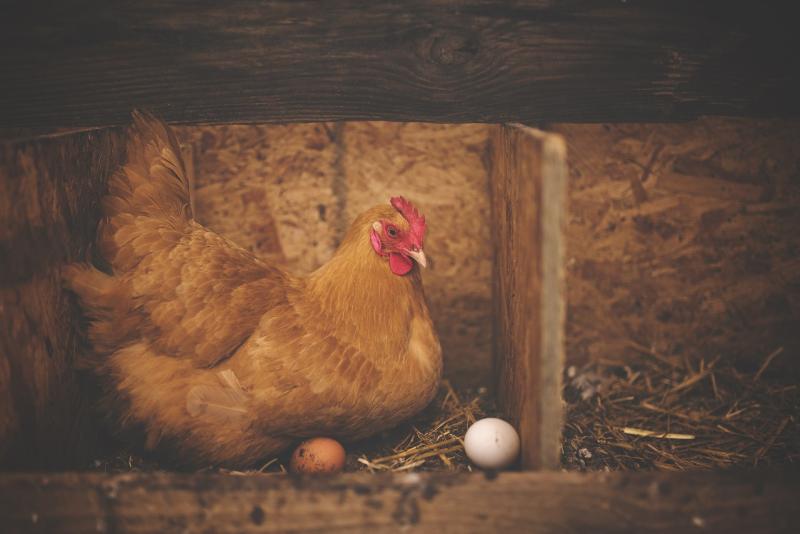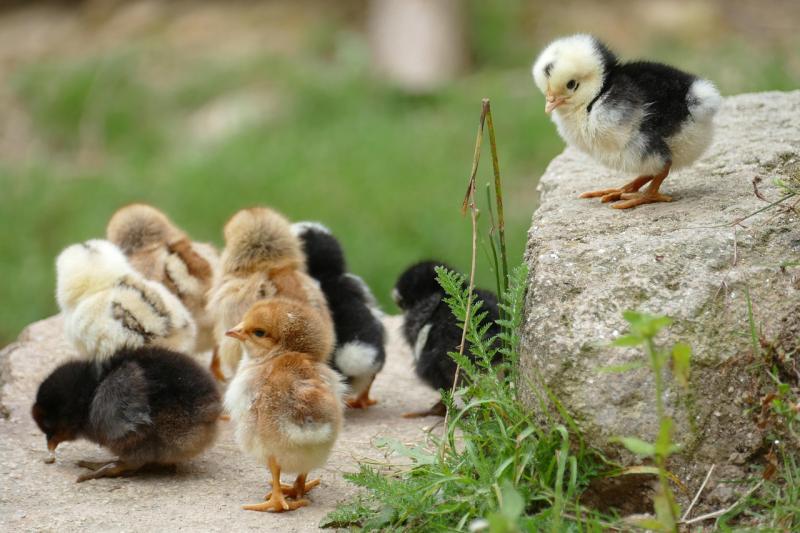Your chicken coop is your flock's safe haven, so let's make sure it's secure from all angles. Predators can be sneaky and determined, so take the time to reinforce every entry point you can think of.
Start with the basics. Ensure that the coop has sturdy walls made of solid wood. Chicken wire isn’t enough; many animals can chew through it or pull it apart. Opt for hardware cloth with a 1-inch mesh for a stronger barrier. You can’t go wrong with a little extra protection!
Next, think about the ground underneath. Many predators dig to get in. Bury hardware cloth or wire mesh at least 12 inches deep around the coop's perimeter. This will stop digging critters cold in their tracks. Plus, you can also lay down some gravel or wood chips on top for added camouflage.
Don’t forget the roof. Roofs can be an easy access point if they’re not secured properly. Use a solid roof material and check it regularly for any signs of wear. Some crafty predators can climb, so make sure your roof is sloped and free of perches where animals can hang out and plan their attack.
Lastly, pay attention to the doors. They should fit tightly so there are no gaps. Invest in sturdy latches that can’t be easily opened – a simple hook can be child’s play for a determined raccoon. Adding additional locks never hurts! With these tips, your coop will be a tough fortress for your chickens!
Choose the Right Materials for Safety
When it comes to keeping your chickens safe, the materials you choose for your coop make a big difference. You want to go for sturdy items that can stand up to curious critters. Here are some of the best options to consider:
Don't forget about ventilation! You need a way for fresh air to flow in without compromising safety. Strong, hardware cloth covered openings can help with this. Just make sure to position them high enough out of reach of any predators.
Choosing the right materials doesn’t have to be overwhelming. Just think about strength and durability. Your chickens will thank you by laying lots of eggs, knowing they’re safe and sound!
Easy Tips for Better Coop Security
Protecting your chickens from predators is a must for any chicken keeper. Here are some easy tips to beef up your coop security.
First off, make sure your coop is sturdy. Use heavy-duty materials for both the walls and the roof. Opt for metal or heavy wood instead of flimsy wood that can be easily pecked or scratched apart. The door should close securely with a latch that even the cleverest raccoon can’t open.
Next, consider adding hardware cloth over any ventilation openings. This strong mesh is tougher than chicken wire and will keep out anything that might try to squeeze through. Also, bury the cloth a foot deep around the coop to stop digging predators in their tracks!
Don’t forget about the perimeter! Setting up a secure fence around your coop can create an extra layer of protection. A height of at least 6 feet helps keep out larger animals, and angling the top outward can prevent jumpers like foxes. If you line the bottom of the fence with stones or concrete blocks, it’ll deter digging.
Lights and noise can also be a great deterrent. Motion-activated lights startle predators and make your coop less inviting. You could even set up a simple alarm or even keep a few geese around – they are known for their alertness and can help warn you of any intruders.
Daily Checks to Keep Chickens Safe
Keeping your chickens safe is a top priority, and daily checks can make a big difference. Start by walking around the coop and run to look for any signs of wear and tear. Check for holes or gaps that critters might slip through. Even small openings can lead to big problems!
Next, take a look at the fencing. Is it sturdy? Make sure there are no loose sections or areas where a clever raccoon could dig. Don't forget to check for any items nearby that a predator might use to jump over the fence.
Pay attention to your chickens' behavior too. If they seem skittish or are making unusual noises, something might be bothering them. This is your cue to inspect the area closely. Look for any tracks or droppings that don’t belong.
Lastly, make sure the coop locks are secure. A latch that’s easy to pop open could leave your flock vulnerable at night. It’s worth investing in solid locks or bolts that are tough for predators to fiddle with.



